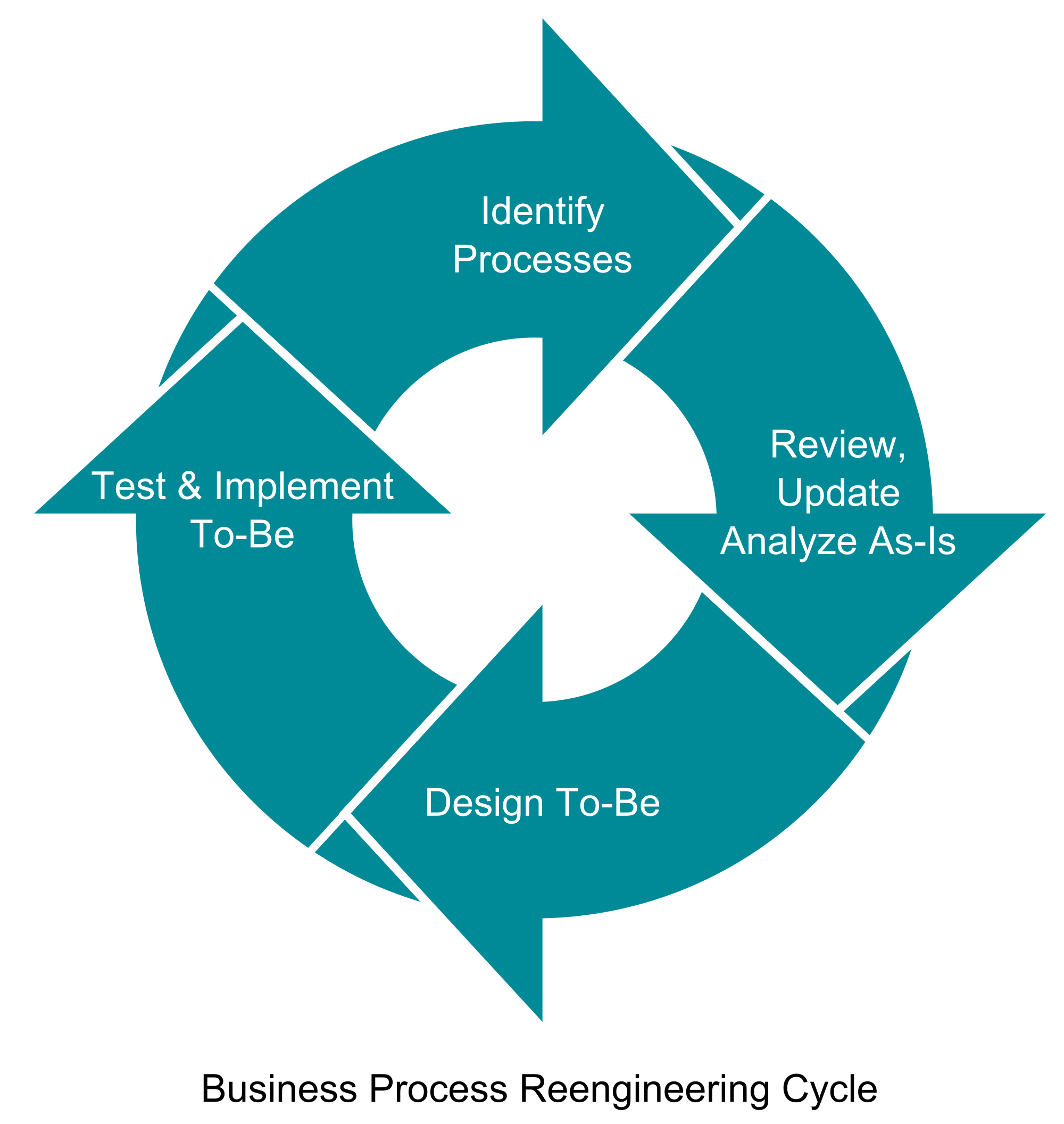The level of interest in organizational knowledge enhancing programs has been building for several years. Many innovative companies have long appreciated the value for knowledge to enhance their products and customer service.
The following are some of the major reasons prompting a higher level of interest among organizations across the globe in knowledge building initiatives:
1. Limitation of Existing Initiatives:
TQM, BPR and similar initiatives have helped organizations become more efficient in their current work processes.
ADVERTISEMENTS:
However, these initiatives cannot harness the inherent talent of an organization’s workforce as well as its intrinsic knowledge that could differentiate the products and services offered in the market place and create a winning advantage.
2. Value of Knowledge:
Applied know-how can enhance the value (and hence the price) of products and services. Examples are the ‘smart Shoppe’ that understands a customer’s preferences and creates a tailor-made shopping experience for each customer and ‘ smart credit cards’ that understand the customer’s personal preferences and provide enhanced personalized services.
3. Minimize Effort Duplication:
By retaining knowledge as organizations downsize or restructure, organizations can save costly mistakes or ‘reinventing the wheel’, or in other words redundant learning’s.
4. Sharing of Best Practices:
Companies save millions a year by taking the knowledge from their best performers and applying it in similar situations elsewhere.
5. Enhanced Innovation:
Companies applying KM methods have found that the developments such as the Internet bring the ‘global village’ even nearer. This helps a company to proactively launch new products and services to cater to a global audience.
These and other benefits, such as improved customer service, faster problem solving, and more rapid adaptation to market changes, have resulted from a focus on corporate knowledge.
